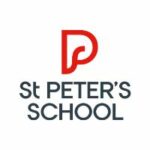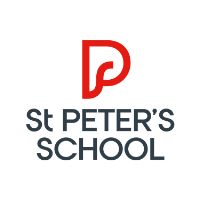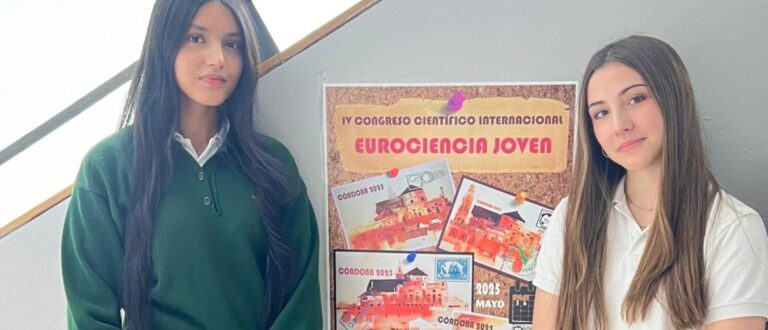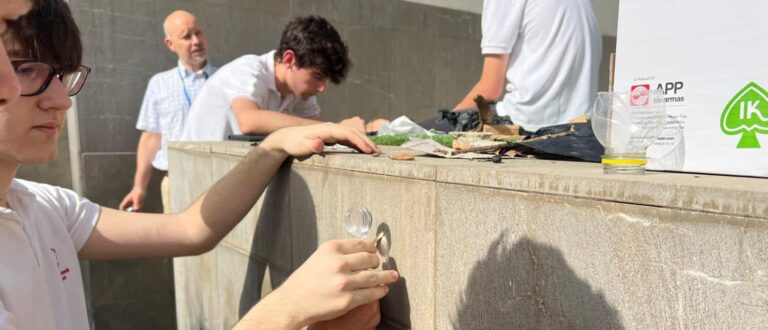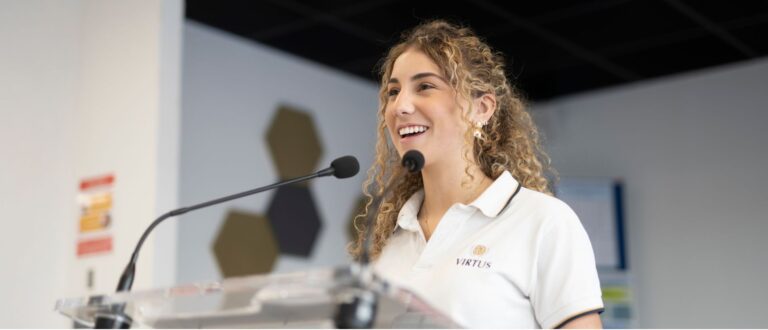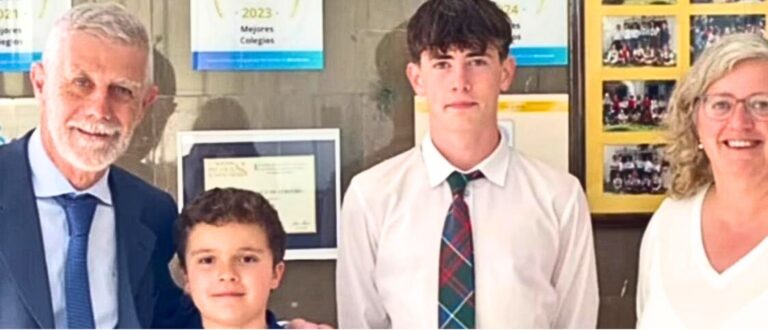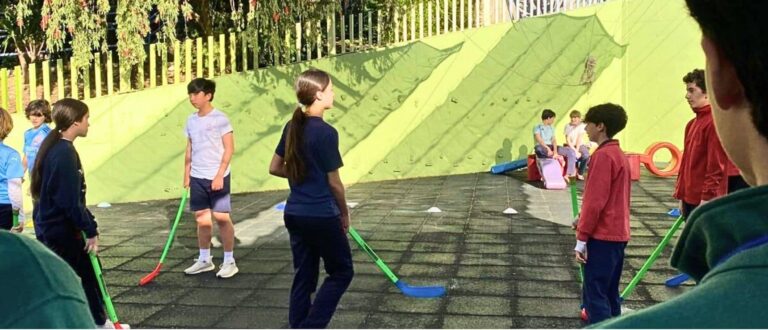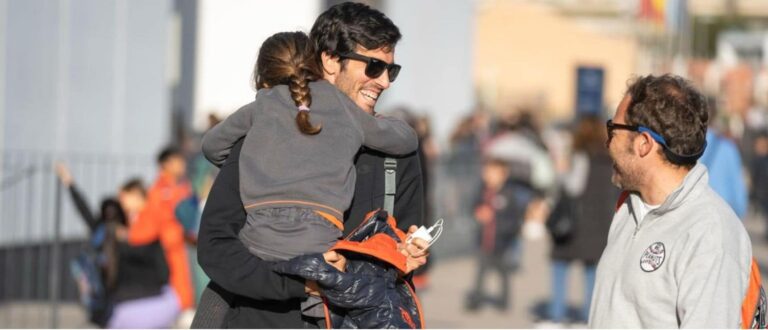Students in their latest year of Primary are asked what is the purpose of education and why they come to school. As expected most students initially said: “to learn and to get a good job in the future”. When asked to think of more reasons, students began to give more in-depth responses, such as to make a difference and to improve the world in some way. This would then open up multiple paths of discussions and students identifying areas of society that require action to be taken.
Students then are grouped up to discuss topics that they are interested in and collaborate to think of ways in which they could make a difference. They continue to work on an action plan, which will assist them in having a clearer idea of what they would do and what impact the action would have.
At St. Peter’s School Barcelona, this month two groups initiated their action plans. One group’s action was to help the homeless during these cold-weather months. They decided they would host a special pre-ordered breakfast morning. They had meetings with the kitchen staff to ask for help with the products and had a meeting with one of the General Managers, Josep Maria Ginjaume, to ask for sponsorship to help cover the costs. The families of these students agreed to join together to help the students to buy resources for the homeless from the funds that they would raise, which ended up amounting to over a thousand euros, which was their goal. In their reflection, students were surprised about the results of their action, but mostly from the wider community who reached out and donated duvets, clothes, and blankets to the cause.
Taking action is one of the key essential elements of the IB. In the PYP, ‘Taking Action’ is further broken into five essential elements: Participation, Advocacy, Social Justice, Social Entrepreneurship and Lifestyle Choices. Modelling action within the classroom and discussing it is key. We drive inquiry in the classroom by asking our students why.
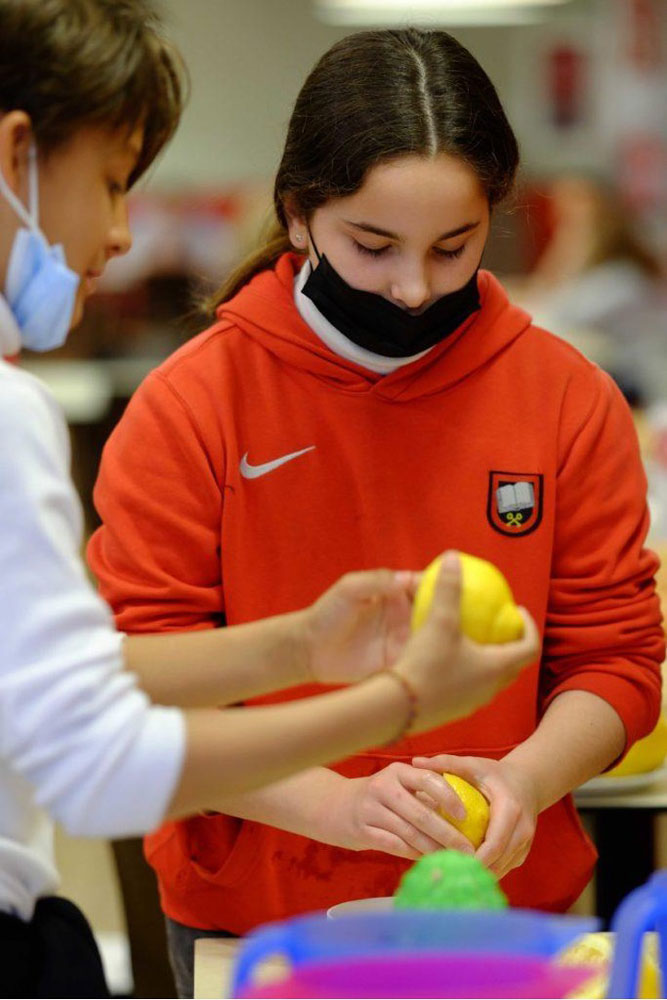
As an IB school, we thrive to promote action and encourage students to use their knowledge in creative ways and to make an impact. We believe that education should teach students about being responsible global citizens who are aware of societal issues and take actions to make the world a better place. Mansilla & Jackson (2013) wrote: “How youngsters make sense of this will depend on the degree to which they have been prepared to live in diverse societies” (p.4). Teachers have an important role in driving change both inside and outside of the classroom. Within the classroom, teachers can incorporate and provide students with opportunities to explore different perspectives and allow students to reflect on the world around them. It is important to promote and encourage students to take action as the power of change is in our hands. This involves promoting discussions and allowing students to participate in discussions on issues and moral dilemmas.
By Hasna Hussein, By Hasna Hussein, Year 5 teacher and Mathematics coordinator in PYP
References
Mansilla, V. B., & Jackson, A. (2013). Educating for global competence: Learning redefined for an interconnected world. In H. Jacobs (Ed.), Mastering Global Literacy (5-27). New York: Solution Tree. http://pz.harvard.edu/sites/default/files/Educating%20for%20Global%20Competence%20Short%20HHJ.pdf
